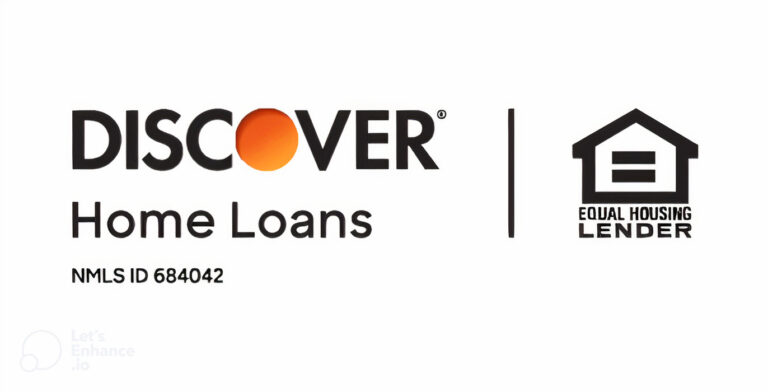Sponsored Content: The most popular reason people refinance their mortgage is to save money on interest. But depending on mortgage refinance rates from Discover® Home Loans or other lenders, it could benefit homeowners to also refinance to a longer or shorter term. Moving from a 30-year to 15-year mortgage or vice versa can have benefits and risks for homeowners.
Here’s how borrowers can determine if refinancing to a different term length makes sense.
Pros of Refinancing to a Longer vs. Shorter Term
Benefits of refinancing to a longer term may include:
- Making lower monthly payments: Monthly payments are often lower when someone refinances to a longer loan term since the new loan is spreading the same balance over a longer period. The extended payment term provides flexibility that can be invaluable for homeowners with budget constraints or unpredictable income.
- Having extra money to use for other investments: Some homeowners may feel that paying aggressively toward a mortgage with a low interest rate isn’t the most effective way to use their money, recognizing their cash could earn a higher return in other investments. Refinancing into a longer-term mortgage means money can go toward other goals, like debt repayment, retirement, or emergency savings.
Refinancing to a shorter term can also have benefits, such as:
- Saving money on interest: When deciding to refinance to a shorter mortgage term, it’s smart for homeowners to run the numbers to determine savings. Moving from a 30-year fixed-rate mortgage to a 15-year fixed-rate mortgage at a slightly lower interest rate could mean tens of thousands of dollars in savings over the life of the loan depending on the current loan balance, how much of the current term is remaining, and the costs of refinancing.
- Becoming mortgage-free faster: Transitioning from a 30-year loan to a 15-year loan has the obvious benefit of paying off the mortgage in less time. Once the mortgage is paid in full, those monthly payments can go toward other financial goals.
Cons of Refinancing to a Longer vs. Shorter Term
Refinancing to a longer-term mortgage can have potential downsides, like:
- Paying more interest over the life of the mortgage: For someone who has paid 5 years on a 15-year mortgage, refinancing into a longer term, say 30 years, would mean extending payments and accumulating more interest. Homeowners could offset this downside by making extra mortgage payments where possible.
- Facing higher interest rates: 15-year loans often have more favorable interest rates than 30-year loans. Since interest rates vary by lender, homeowners should talk to lenders to understand current rates and if a refinance to a shorter loan term will have a higher rate.
The downsides of refinancing to a shorter term could include:
- Taking on more risk if financial circumstances change: Shorter-term mortgages generally mean higher monthly payments. With more of the monthly budget going toward the mortgage, a sudden job loss or reduction of income could have devastating effects for a homeowner. But since shorter loan terms typically allow homeowners to build equity faster, they could have more equity to tap a home equity loan, if necessary, in an emergency.
- Having less money for other financial goals: Paying more each month on the mortgage could leave borrowers with less income to put toward other savings goals, like retirement. Before choosing to refinance into a shorter term, homeowners should weigh aggressively paying off the mortgage against other financial plans, like contributing to an employer-sponsored retirement plan, building an emergency fund, or paying down high-interest debt.
The Bottom Line
Whether or not to refinance to a shorter or longer term will vary depending on each homeowner’s financial situation and needs. It may be helpful to work alongside a lender who can supply insight into potential savings over the life of the loan when the cost of the refinance is included. That way, homeowners can feel confident they’re choosing the best refinance option available.
About Discover Home Loans

Discover Home Loans provides home equity loans and mortgage refinance options with a range of benefits for qualified homeowners. Find options that fit within your budget at discover.com/home-loans. © 2023 Discover Bank, Member FDIC | NMLS ID 684042
Contact Information:
Name: Carolina d’Arbelles-Valle
Email: [email protected]
Job Title: Senior Digital PR Specialist
Tags:
Go Media, CE, PR-Wirein, ReleaseLive, Google News, Reportedtimes, IPS, iCN Internal Distribution, Extended Distribution, English

